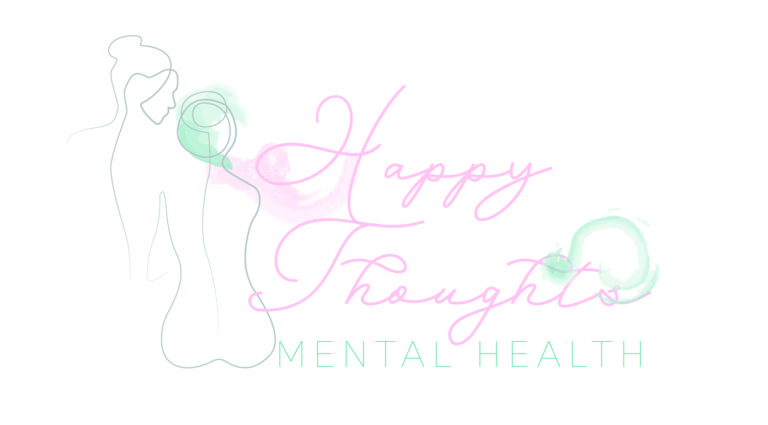Depression is not just feeling “sad” or “down”. It is also not something that anyone can just “snap out of”. Depression feels like there is no hope left in the world. Depression feels like no longer enjoying the same things you used to, staying up late with an overwhelming sense of sadness, or having difficulty concentrating on the books or movies you used to enjoy before. It can also feel like every part of your body refusing to get up from your bed in the morning.
According to the CDC in 2021 more than 2 in 5 American adults over 18 meet diagnosis for depression. Depression has been even more prevalent since social isolation measures, increases in societal conflicts, and chronic economic insecurity.
It can be normal to feel a lack of energy – or a general vibe of irritability some days. However, a loss of interest in daily living should not last more than a period of time. (Even after facing a loss or traumatic event).
Symptoms of depression include the following:
- Lack of pleasure or joy in life.
- Feeling tired and without energy throughout the day.
- Difficulty concentrating or focusing on daily activities.
- Changes in sleep patterns. (Sleeping too much, or sleeping way too little).
- Feelings of hopelessness.
- Pain in your body.
- Feeling “numb” or “heavy”, even when doing things that used to interest you.
- Restlessness. Not being able to relax.
- Severe sadness.
- Spending a lot of time away from our friends or family.
- Irritability.
- Difficulty finding something to look forward to.
- Changes in appetite (Eating too much or too little).
- Feelings of worthlessness or shame.
- Thoughts and rehearsal of suicide/self-harm.
- Thinking too much about the past, or the present (Ruminations).
- Persistent feelings of guilt.
Symptoms of depression can look differently in each person. Men may have a hard time communicating their struggles due to strict social roles, especially men of color. Men and teenagers may express more anger in their depression than others. Transgendered individuals experience a lifetime prevalence rate of 62% due to factors such as chronic discrimination, higher exposure to violence, lack of social support, and difficulties finding a safe place to be themselves. Women may have more obvious signs of depression than men (crying, isolation, self-harm).
One may feel signs of depression due to multiple factors, including the following:
- Biological factors, or family dynamics.
- Life stressors and changes.
- Long-term exposure to stress
- Medical issues.
- Hormones
- Negative thoughts about self and others.
- Substance abuse (drugs and alcohol)
“Once you choose hope, anything is possible” – Christopher Reeve
When it becomes draining to do even the littlest of things every day, or when you notice someone close to you spending more time alone than usual, it may be time to consider working with a professional to address these feelings.
Depression is a highly treatable condition with a counselor that provides a safe place for you to work through your feelings.
If you are, or someone you love is, experiencing any concerning signs of depression in a way that is getting in the way of daily life, you deserve to find a safe place to open up about how you are feeling. In counseling you will be able to do the following:
- Really openly talk about what our depression feels and looks like, without any judgement.
- Understand the thoughts, feelings and forces behind why we tend to feel this way.
- Identify all the factors in our day-to-day, or past, that may be “triggering” our feelings of sadness.
- Explore alternative and rational ways of thinking of our situation.
- Develop new and healthy ways to cope with moments of sadness.
- Reinforce the part within ourselves that is resilient and adaptive.
It is important to know that you are not defective. You are not the product of the thoughts that arise when you are depressed. Your life right now with depression is only a moment in the span of your life that precludes the next chapter for yourself. Let’s talk about it.
Schedule your first 30 minute free consultation today.
If you are struggling with thoughts of acting out suicide it is important to reach out to someone that can help immediately. Please contact your local police department or dial 911. You may also contact emergency resources that are here to help you.

